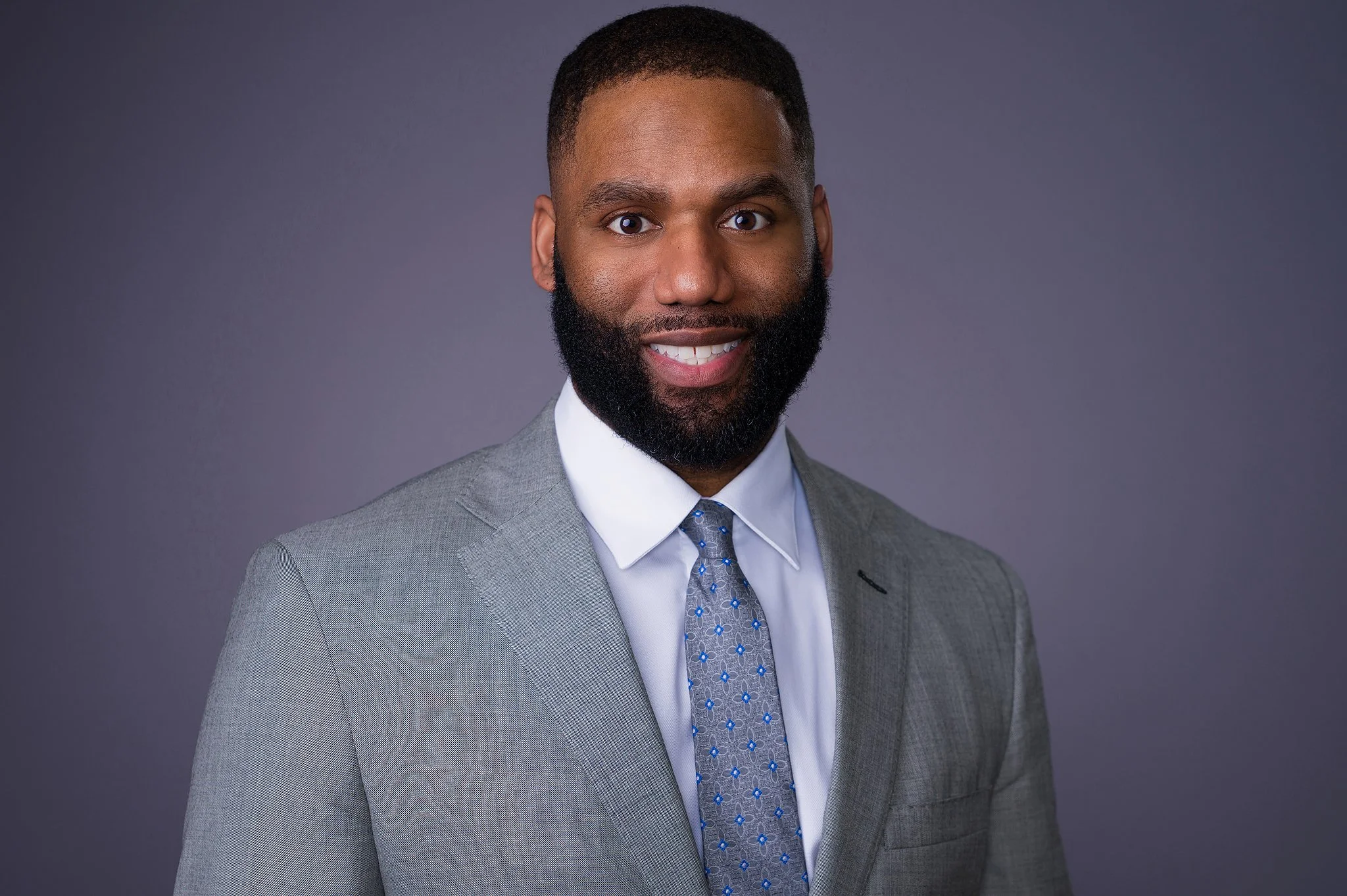About
The mission of the Democracy and Ideology program is to restore the traditional American understanding that anti-monopoly law and policy is fundamentally political in nature, and is one of the primary tools we use to protect democracy, to promote individual liberty and responsibility, and to develop communities and citizens. It is based on the belief that a central purpose of government is to structure markets and corporations in ways that ensure that competition within human society is constructive rather than destructive in nature; and that a central purpose of government in the United States is to ensure a universal and just distribution of property.
But a generation ago, scholars and activists who favor concentration of power and control in government and the corporation began to promote a radical new ideology. They held that anti-monopoly law – and indeed law itself – is fundamentally economic in nature, and that a prime goal of government should be to promote “efficiency” in the structures of our political economy. Rather than protect and promote democracy and liberty, these thinkers said that anti-monopoly law should instead promote the “welfare” of the “consumer.” This new philosophy – which today we know as “neoliberalism” or “Chicago School” economics – opened the door to a revolutionary consolidation of wealth, power, and control throughout the U.S. political economy. This consolidation, in turn, is a direct cause of – or has contributed to – almost every major political, economic, and social ill in the United States today.
The Open Markets team has long led the effort illuminate the political dangers posed by this ideology, and to restore traditional common sense methods for regulating how people and groups of people compete with one another. We do so by writing books and articles for popular and specialized audiences, by engaging in open and public debate with legal and economic scholars around the world, by providing formal testimony and educational outreach to law enforcement agencies, members of Congress and state legislatures, and through educational support for grassroots groups and other advocates of reform. Our efforts have led the way to a new embrace of the rules-based approach to competition policy often associated with the former Supreme Court Justice Louis Brandeis.











